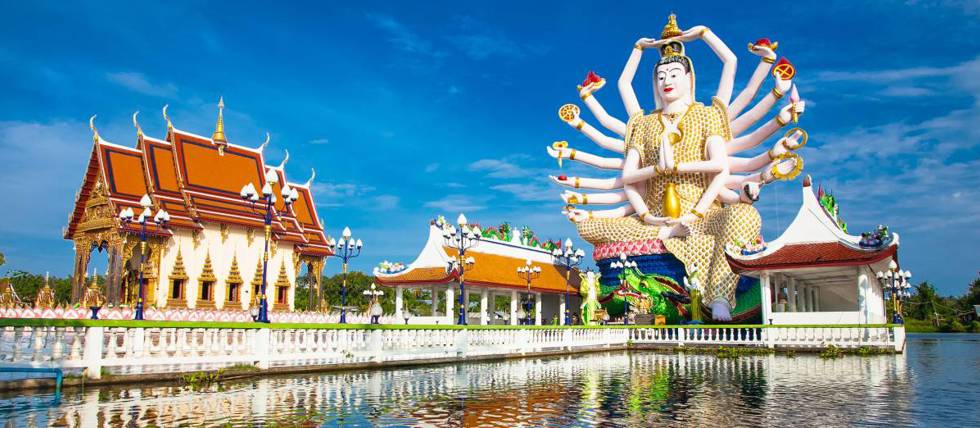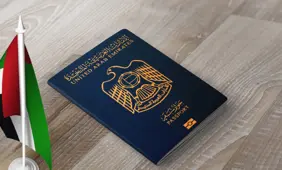Thailand's Cabinet Gets behind Casino Legalization Effort
The Thai cabinet has recently signed off on a potential casino plan for Thailand, a significant step following the House of Representatives' recent approval. It marks a pivotal moment in Thailand's legislative process concerning the gambling industry and could speed up the introduction of casino gambling in the country.

This move initiates a 30-day feasibility study by the Ministry of Finance to consider the introduction of integrated resorts (IR) with casinos into the country's tourism and entertainment sectors. The proposal, which has sparked considerable debate, suggests a transformative vision for Thailand's "fun economy," aiming to integrate tourism, sports, entertainment venues, and MICE (Meetings, Incentives, Conferences, and Exhibitions) businesses.
Related: Thailand's Casino Initiative Advances at a Rapid PaceThe cabinet's recommendation for joint investments between the government and private operators, potentially following a concession model akin to Macau's, indicates a strategic approach to economic development and foreign investment attraction. The suggestion to locate any IRs near international airports further underscores the intention to cater to international visitors, which could significantly boost tourism revenue.
However, the plan has not been without its detractors. Many high-profile politicians have expressed concerns over the social problems associated with gambling, such as increased crime rates and the potential for gambling addiction.
More Business News
Feasibility Study Could Make or Break the Future
The feasibility study is expected to delve into these concerns, examining international precedents and weighing the benefits against the risks. The study's outcome will be crucial in determining whether the government should proceed with the legislation required to legalize such resorts.
If the plan goes ahead, Thailand could see its first integrated resorts by 2029. This would potentially position the country as a leading destination for legal casino gaming in Southeast Asia, ahead of Japan's anticipated developments.
The debate surrounding the casino plan reflects broader questions about economic policy, social welfare, and cultural values. Proponents argue that the legalization of Thailand's casinos could curb underground gambling activities and generate substantial tax revenue. At the same time, opponents warn of the social costs and the challenges of ensuring responsible gambling practices.
The government's decision to conduct a public hearing before making a final decision highlights the democratic process at work, ensuring that the voices of various stakeholders are heard and considered. The outcome of this study, coupled with public opinion, will ultimately shape the future of gambling legislation in Thailand, potentially redefining the country's economic landscape and its position in the global tourism industry.
RELATED TOPICS: Business
Most Read
PAGCOR Board Members Submit Courtesy Resignations Following Presidential Directive
May 30, 2025Must Read
 Interviews
Interviews
Sweepstakes Casinos: Thriving in an Ever-Changing Industry – Interview with Attorney Stephen C. Piepgrass
Feb 17, 2025 Interviews
Interviews






Review this New Post
Leave a Comment
User Comments
Comments for Thailand's Cabinet Gets behind Casino Legalization Effort